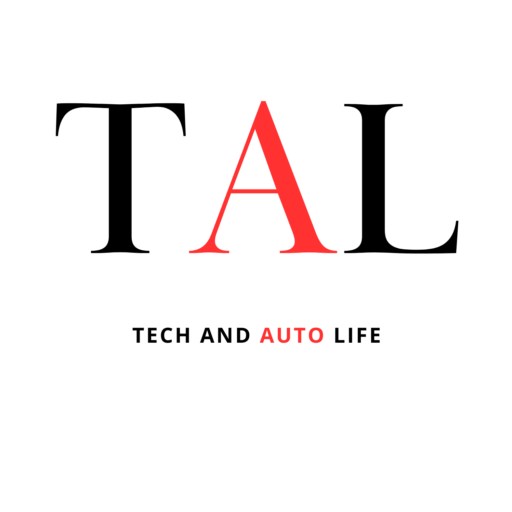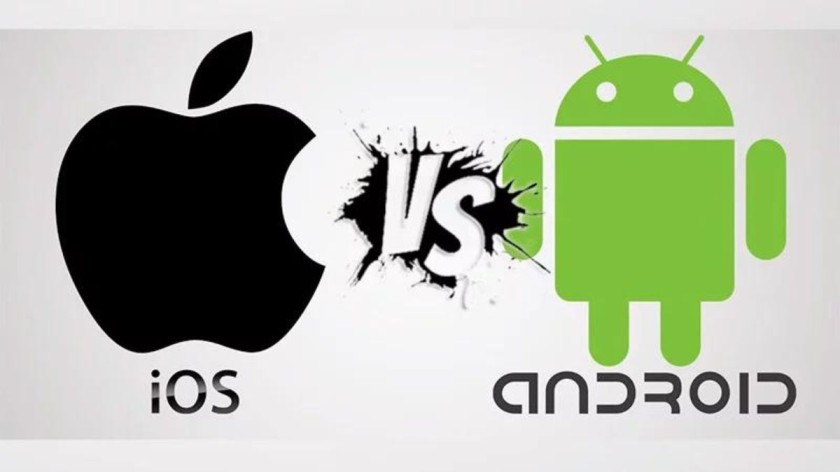Table of Contents
Introduction:
The quest for the perfect phone can feel like venturing into a battle royale. In the gleaming, walled city of iOS, iPhones reign supreme, promising a user-friendly experience and seamless integration. Yet, across the digital frontier lies the open plains of Stock Android, championed by Google Pixel phones. Here, vast customization options and a wider app selection beckon free spirits. Both operating systems dominate the mobile landscape, boasting loyal followings and fervent debates.
But with so much on the line, how do you choose your champion? Fear not, weary traveler! This detailed breakdown will equip you with the knowledge to conquer the battlefield of iOS vs Stock Android in 2024. We’ll delve into the intricacies of user interface, customization, performance, updates, and ecosystem integration, empowering you to make an informed decision and select the operating system that perfectly complements your mobile lifestyle. So, sharpen your virtual sword, for the ultimate mobile champion awaits!
Rounds to Compare in iOS vs Stock Android 2024: Which is Best?
Round 1: User Interface (UI) and Ease of Use
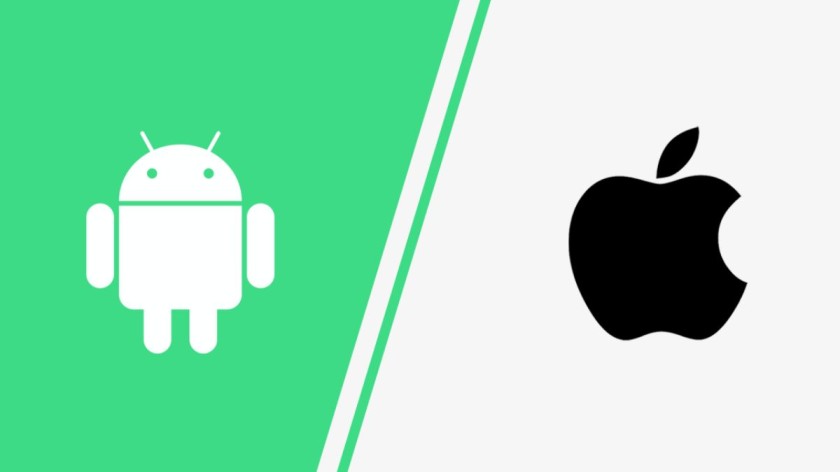
iOS: Simplicity is King
Apple’s iOS boasts a clean, intuitive interface beloved by beginners and tech veterans alike. The tight integration between hardware and software fosters a streamlined experience. Learning the ropes is a breeze, with minimal bloatware (unwanted pre-installed apps) cluttering your phone. Every app and feature is designed to be easily accessible, making iOS particularly appealing to those who prioritize simplicity and ease of use.
Stock Android: Freedom with a Learning Curve
Stock Android prioritizes a clutter-free canvas you can personalize. It offers a more open system compared to iOS, allowing you to delve deeper and customize the look and feel of your phone. This openness might feel slightly more complex for smartphone newbies. However, for those who love tinkering and tailoring their device to their exact preferences, Stock Android provides unparalleled flexibility.
Round 2: Customization and App Selection
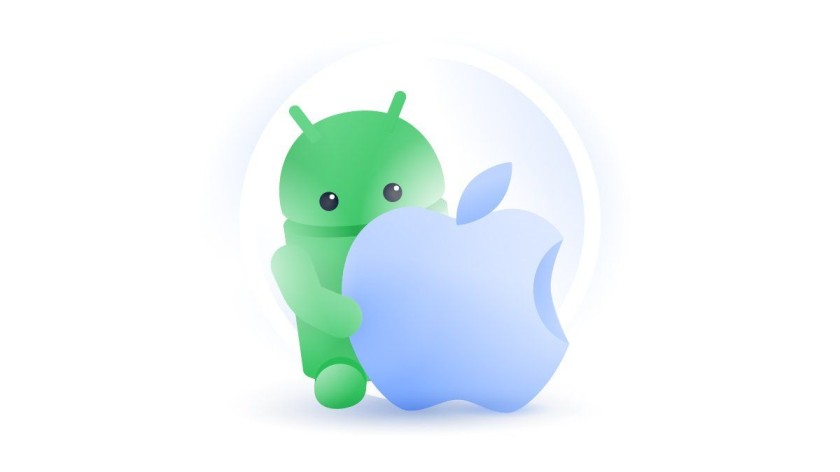
iOS: A Polished Experience (with Limits)
While iOS offers a beautiful and consistent experience, customization options are somewhat restricted. You can personalize wallpapers, ringtones, and certain app layouts, but the overall aesthetic remains largely dictated by Apple. The App Store is renowned for its strict quality control, ensuring a high standard but potentially limiting access to niche apps. Every app undergoes a rigorous review process, which means fewer security risks but also fewer experimental apps.
Stock Android: A Canvas for Your Creativity
Stock Android embraces customization. You can change launchers (the app that controls your home screen), icon packs, and themes to tailor your phone’s aesthetics to your liking. The Google Play Store offers a wider app variety, including some not found on the App Store. However, quality control can be looser, so it’s essential to download with caution. The ability to sideload apps (install apps from outside the Google Play Store) adds another layer of flexibility for advanced users.
Round 3: Performance and Updates
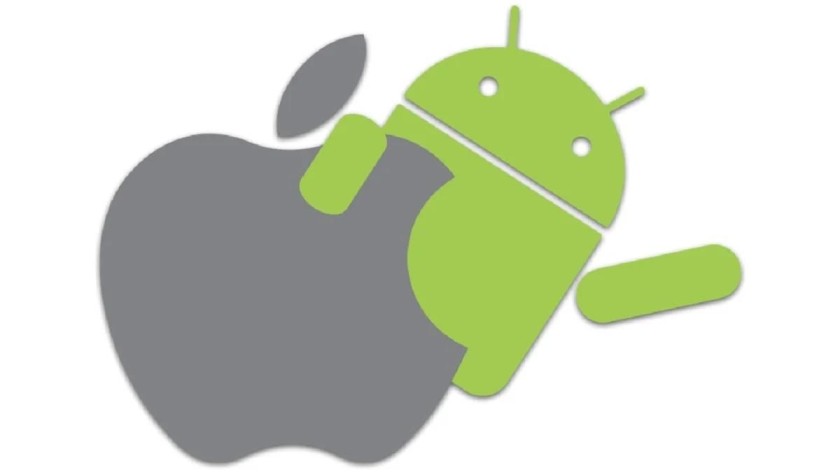
iOS: A Smooth Operator That Ages Well
Apple’s tight integration between hardware and software fosters exceptional performance. iPhones are known for their smooth operation and responsiveness, even after several years of use. Apple also has a stellar track record of providing software updates for older iPhones, ensuring your device stays secure and receives new features for an extended period. This longevity makes iPhones a solid investment, as they remain functional and up-to-date longer than many Android counterparts.
Stock Android: Pixel Perfect Performance with Timely Updates
Pixel phones, which run Stock Android, deliver excellent performance thanks to Google’s custom-designed Tensor chips. Updates are delivered directly from Google, ensuring you receive the latest features and security patches promptly. However, Android updates for non-Pixel phones can be a mixed bag. The speed and availability of updates depend on the manufacturer, which can lead to fragmentation across the Android ecosystem. This variability can impact the overall user experience and device longevity.
Round 4: Integration and Ecosystem
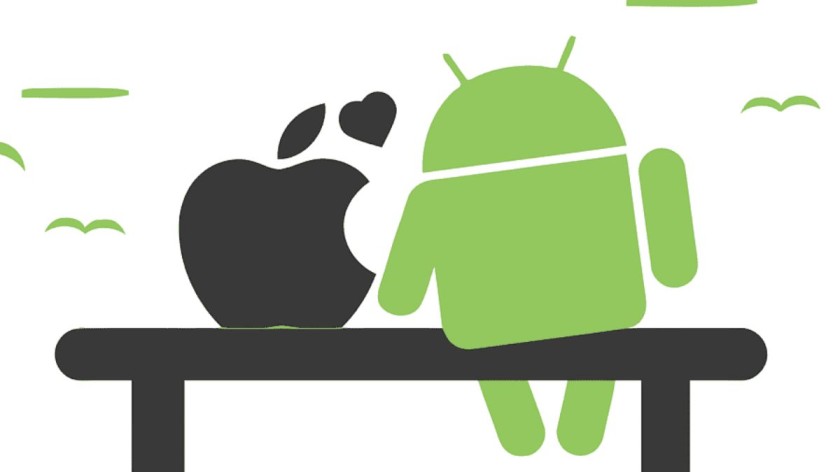
iOS: The Walled Garden of Apple
Apple devices excel at seamless integration within the Apple ecosystem. iPhones, iPads, Macs, and Apple Watches work beautifully together, allowing you to effortlessly transfer files, share data, and maintain continuity across your devices. This creates a walled garden, where Apple products work best with each other. Features like Handoff, AirDrop, and Continuity Camera enhance productivity and convenience for users deeply embedded in the Apple ecosystem.
Stock Android: Openness with Device Compatibility
While Google offers its ecosystem of services (Gmail, Drive, Photos, etc.), integration isn’t quite as seamless as Apple’s. However, Stock Android plays nicely with a wider range of devices and platforms, making it a versatile choice. You can easily switch between Android phones and other non-Apple devices without compatibility issues. This openness ensures that users are not locked into a single brand or ecosystem, providing more freedom to mix and match devices as needed.
The Verdict: It’s All About You
There’s no single victor in the iOS vs Stock Android battle. The ideal choice hinges on your personal needs and preferences.
Team iOS if:
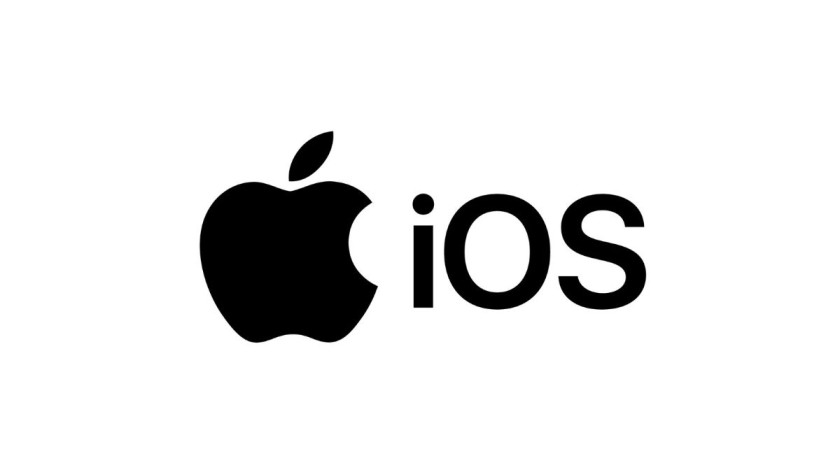
- You crave a user-friendly and intuitive interface.
- A streamlined experience with minimal customization is your jam.
- You value long-term software updates to keep your phone secure and modern.
- You’re already invested in the Apple ecosystem and enjoy seamless integration.
Team Stock Android if:
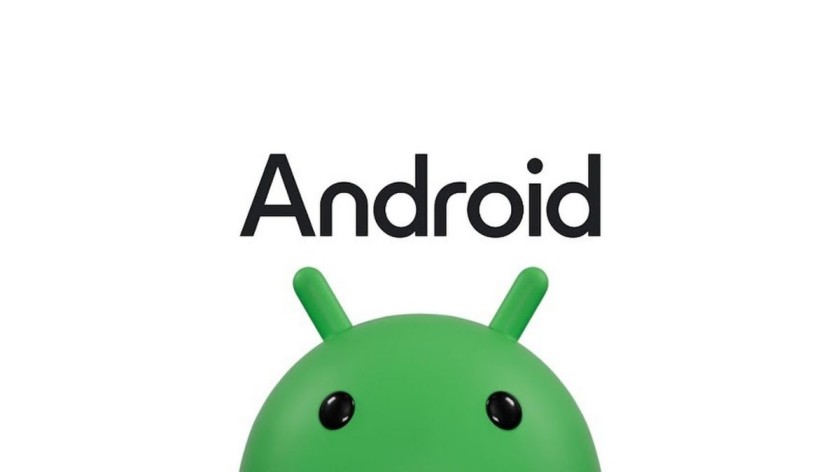
- Extensive customization options are a must-have for you.
- You prefer a more open system with access to a wider app variety.
- Timely updates directly from Google are a priority.
- You value device compatibility and seamless switching between different brands.
By understanding the strengths and limitations of both iOS and Stock Android, you can make an informed decision and crown the operating system that will best serve your mobile needs. Remember, the perfect phone is out there waiting for you. Now, go forth and conquer the mobile world!
Read More- Maximize Your Jimny: Top Off-Road Upgrades
FAQ-
When choosing between iOS and Stock Android, many users wonder about the user-friendliness of each operating system.
iOS is renowned for its intuitive interface, making it a preferred choice for those who prioritize a straightforward user experience. In contrast, Stock Android offers extensive customization options, allowing users to personalize their devices with themes, icon packs, and third-party launchers, though this may require a bit more familiarity for newcomers.
Another common question concerns customization capabilities.
With iOS, customization is more limited compared to Stock Android, where users can tweak almost every aspect of their phone’s appearance and functionality to suit their preferences.
The topic of updates also arises frequently.
iOS devices typically receive timely updates directly from Apple, ensuring security patches and access to new features promptly. In contrast, Stock Android updates are directly managed by Google for Pixel phones, but non-Pixel devices may experience delays depending on the manufacturer’s update schedule.
For users considering ecosystem integration, iOS shines with its seamless connectivity across Apple devices like Macs, iPads, and Apple Watches.
In contrast, while Stock Android supports a wider range of devices and brands, its integration across ecosystems may not match the seamless experience of Apple’s ecosystem.
Ultimately, the choice between iOS and Stock Android hinges on individual preferences.
iOS appeals to those who value simplicity, security updates, and deep integration within the Apple ecosystem. On the other hand, Stock Android is favored by users who prioritize customization, a diverse app selection, and compatibility across various device brands.
